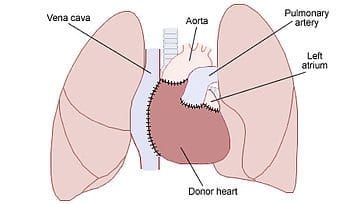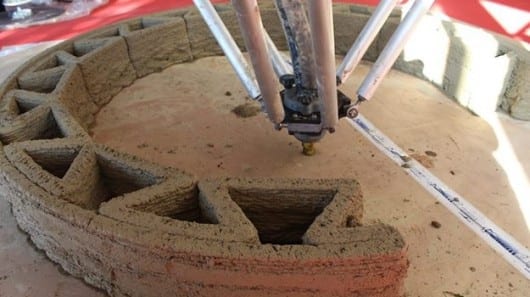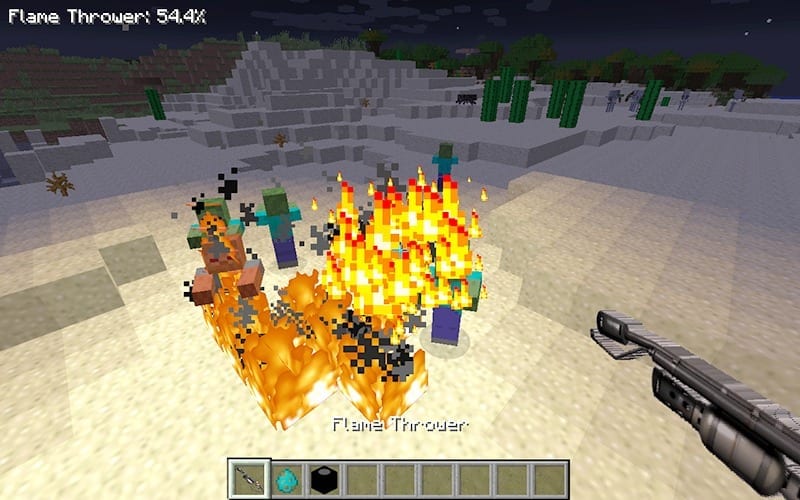
The St Vincent’s Hospital Heart Lung Transplant Unit has carried out the world’s first distant procurement of hearts donated after circulatory death (DCD). These hearts were subsequently resuscitated and then successfully transplanted into patients with end-stage heart failure.
Transplant Units until now have relied solely on donor hearts from brain-dead patients whose hearts are still beating. The use of DCD hearts, where the heart is no longer beating, represents a paradigm shift in organ donation and will herald a major increase in the pool of available hearts for transplantation.
St Vincent’s has recently transplanted two patients using DCD hearts both of whom have recovered extremely well. The DCD transplants were carried out following pioneering basic and translational research undertaken by the Victor Chang Cardiac Research Institute and St Vincent’s Hospital, who have jointly developed a special preservation solution that together with the use of a novel portable console to house, resuscitate and transport donor hearts; has made this milestone achievable.
The ex vivo Organ Care System (OCS – TransmedicsTM) involves the Transplant retrieval team connecting the donor heart to a sterile circuit where it is kept beating and warm thereby limiting the detrimental effects of cold ischaemia (a period where the heart is dormant without oxygen and nutrients) that occurs with the standard organ preservation mode of packing the heart on ice in an Esky. Once housed inside the portable device, the heart is reanimated, preserved and able to be functionally assessed until it is ready to be placed inside the recipient.
Coined the “Heart in a box”, for the past several months the OCS has provided the transplant surgeons greater versatility with regard to both organ preservation and resuscitation. This has enabled the St Vincent’s Transplant Unit to conduct several regular heart transplants this year through more long distance organ retrievals and most importantly, retrieval of “marginal hearts”, that is, brain death hearts previously regarded as being unsuitable for transplantation.
This portable OCS technology will help significantly in mitigating the significant disparity that remains between the increasing number of patients with end-stage heart failure on the transplant waiting list and the number of suitable donor-hearts that are available. Whilst the use of DCD organs has already made an enormous positive impact on liver, kidney and lung transplantation, it has to date not been possible to use DCD hearts. This is the first time internationally that human heart transplantation has been achieved with hearts donated following circulatory death and procured at a distance with portable organ preservation technology.
The Latest on: End-stage heart failure
[google_news title=”” keyword=”end-stage heart failure” num_posts=”10″ blurb_length=”0″ show_thumb=”left”]
via Google News
The Latest on: End-stage heart failure
- CMS proposes new mandatory organ transplant model for end-stage renal diseaseon May 8, 2024 at 8:45 pm
Kidney transplants are commonly required for people with end-stage renal disease, but approximately 30% of donor kidneys go unused each year, CMS explained. Meanwhile, wait time durations can last ...
- Discovery of key target for precision pharmacology makes ideal candidate to treat heart failureon May 8, 2024 at 1:26 pm
Very interestingly, we also found that patients with end-stage heart failure have upregulated gene and protein levels of AKAP12," reports McConnell and Qasim. "AKAP12 makes an appealing target for ...
- Small Pump May Let Kids Stay Home As They Await New Hearton May 7, 2024 at 2:25 am
TUESDAY, May 7, 2024 (HealthDay News) -- A small, implantable heart pump could help children await heart transplants at home rather than languishing in a hospital, according to a new study. The pump ...
- Small pump for kids awaiting heart transplant shows promise in Stanford Medicine-led trialon May 7, 2024 at 2:15 am
“We’ve overcome a number of challenges to get the work this far, and it’s very exciting that there may be better options on the horizon for children with end-stage heart failure who require a pump ...
- Small pump for kids awaiting heart transplant shows promise in new trialon May 7, 2024 at 2:00 am
A small, implantable cardiac pump that could help children await heart transplants at home, not in the hospital, has performed well in the first stage of human testing.
- Column: After battling cancer and getting heart transplant, Montgomery nurse’s strength ‘truly an inspiration’on May 3, 2024 at 7:39 am
Until the “light switch went off” a few years later. In October of 2020, Polizzi had reached end-stage heart failure. By that time, she was “too sick” to deny how bad her health had become. A ...
- Surgeons perform first combined heart pump and pig kidney transplanton April 24, 2024 at 10:47 am
The first transplant surgery to combine a mechanical heart pump as well as a gene-edited pig kidney has been completed at NYU Langone Health, the system said Wednesday.
- FDA recalls implanted heart devices linked to 14 deathson April 17, 2024 at 8:10 am
Two implanted heart devices used by patients in end-stage heart failure are now under a strict U.S. Food and Drug Administration recall, after being tied to 273 known injuries and 14 deaths ...
- FDA Recalls Heart Failure Devices Linked to Injuries and Deathson April 17, 2024 at 3:05 am
Heart specialists are concerned about the issue, because patients in end-stage heart failure have few options if the HeartMate devices are removed from the market. In the absence of these devices ...
- Heart Failureon April 16, 2024 at 5:01 pm
While B-type natriuretic peptide (BNP) levels remain high in patients with end-stage heart failure with cardiogenic shock, these levels lose their prognostic value in patients using ventricular ...
via Bing News










